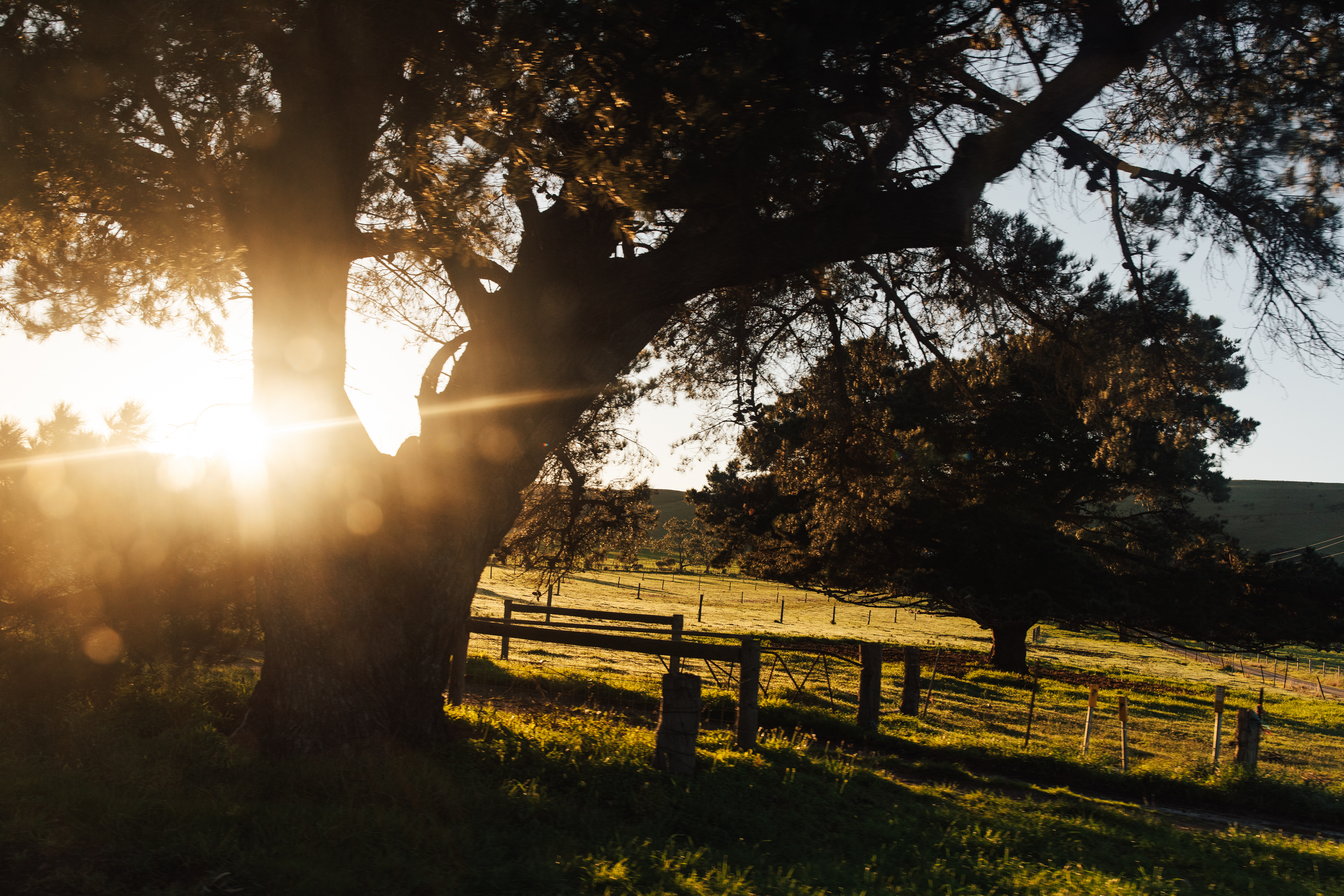
COVID-19 offers lessons for livestock sector
If the COVID-19 pandemic has taught Australians anything, it is that maintaining good hygiene practices and minimising the spread of disease are essential in our everyday lives.
Maintaining a safe distance from each other, monitoring for symptoms, isolating if we feel unwell and getting tested have helped South Australians keep community transmission of the virus to a minimum.
These same practices can be applied to the livestock industries, as pest and disease monitoring and good hygiene practices are just as important for maintaining good biosecurity and animal health.
Just as COVID-19 has had a significant impact on our economy, poor animal health and biosecurity management can have a similar result for the red meat and wool industries.
Endemic diseases cost the Australian sheep industry $2 billion each year in lost productivity.
An emergency animal disease outbreak would have a significantly greater impact through both productivity losses and the loss of trade in international or domestic markets.
In order to maintain our clean and green status, the Australian livestock sectors should ‘stay disease-free and do the three’ to minimise biosecurity risks.
Prevent
Boundary fences should be considered as property borders which work towards keeping pests and diseases out.
Property border patrols are necessary for good biosecurity. Checking fences, putting up biosecurity signs and observing who is entering the property will help to reduce the introduction of unwanted diseases and pests.
Accessing national cattle and sheep health declarations when purchasing livestock can provide detail regarding the consignment’s disease history and any treatment or vaccinations the animals have received.
This information is important for monitoring the risk of disease introduction on-farm and for integrating the new animals into an animal health routine.
COVID-19 has seen the introduction a 14-day quarantine period for travellers when arriving in Australia or crossing interstate borders.
Quarantining new livestock arrivals to a property should also be common practice for producers.
Keeping new animals separate from existing livestock for 28 days, or longer when deemed necessary and is practical, will allow them to be monitored for any signs or symptoms of disease and for the new owner to conduct testing and treat animals if necessary to prevent any potential disease entering the herd or flock.
Prepare
State and Federal Governments have worked tirelessly to ensure Australia is prepared for further spread of COVID-19.
At times, disease spread is unavoidable. Livestock producers should be prepared to respond to a possible disease incursion in a herd or flock by creating a biosecurity plan to ensure quick action.
Regular monitoring of animals can help detect potential disease outbreaks early, allows for quicker diagnosis and treatment and can control the spread between animals.
Regular testing of animals can also provide valuable information about any underlying health issues the herd or flock may be experiencing.
If a producer sees any signs or symptoms which are serious or unusual, they should contact a local vet, animal health officer or call the Emergency Animal Disease hotline on 1800 675 888 to report and gain support in identifying and treating the disease.
Respond
Most Australians recognise the seriousness of the COVID-19 pandemic and have rallied together to contain the spread.
Similarly, if there is a notifiable or exotic disease outbreak, everyone in the livestock industry is responsible for ensuring the disease is contained, managed or eradicated.
In the event of an emergency animal disease outbreak, livestock standstills may be necessary and each person working in the livestock supply chain should remain vigilant and adhere to the instructions of those responsible for the disease response.
Biosecurity is a shared responsibility and every person and business within the industry has the responsibility to ensure they are considering biosecurity risks when carrying out their daily tasks.
Prevention is always better than cure.
By taking responsibility for implementing sound biosecurity practices on farm, the health and welfare of livestock can be enhanced, productivity and profitability of businesses can be improved and the whole supply chain can continue to provide a safe and quality product to our domestic and international markets.
The South Australian Livestock Biosecurity Extension project has been made possible by the Department of Primary Industries and Regions’ (PIRSA) Red Meat and Wool Growth Program and Animal Health Australia through the National Sheep Industry Biosecurity Strategy 2019-2024.
